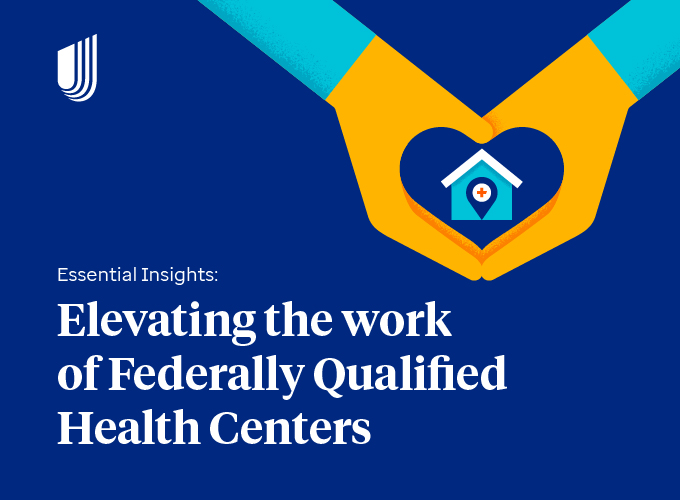Physical and behavioral health are closely linked, but for people who experience co-occurring physical and behavioral health conditions, the path to accessing care can be fragmented and complex. Behavioral health conditions are associated with worsened physical health outcomes among people with chronic conditions.1 Conditions can often go undiagnosed among patients with co-occurring physical and behavioral conditions.2
People who have both a behavioral health condition and chronic physical condition are more likely to frequently use the Emergency Department (ED) compared to people who solely have one or the other.3 This reflects the disparities in access to and continuity of care for people experiencing co-occurring conditions, leading to unnecessary ED usage and higher health care costs.
To combat these challenges, St. Mary’s Family Medical Center launched the IMPAC Program. IMPAC, or Integration to Minimize Potentially Avoidable Costs, aims to drive improved health outcomes and patient experiences for people with co-occurring physical and behavioral health conditions. The pilot program launched in 2022 with support from Rocky Mountain Health Plans, a UnitedHealthcare company.
Each patient receives personalized, 1:1 support to evaluate their needs holistically and identify the care, resources and tools to improve their health and quality of life. The program combines high-intensity case management, wraparound care services, and patient advocacy. Services include in-patient and out-patient care, in-home visits, accompaniment to medical appointments and case management between providers.











